One of the most significant challenges every leader faces is harnessing the fullness of what they know so they can lead at their highest level. Leadership knowledge is crucial, but knowledge alone is not enough. When leaders fail to apply what they know to real-time opportunities or challenges, it creates what is often called the knowing-doing gap—the space between understanding and action. Bridging this gap is essential to create meaningful impact.
Four Types of Knowledge
There are four types of knowledge to consider as you reflect on how this gap shows up for you and your team:
Cognitive Knowledge – Know-What: Understanding concepts, strategies, and frameworks. Example: Knowing the steps of effective delegation or the principles of emotional intelligence.
Behavioral Application – Know-How: Translating knowledge into skillful action. Example: Actually practicing delegation conversations or demonstrating emotional intelligence during a difficult team interaction.
Systems Understanding – Know-Why: Seeing how actions connect within a bigger picture. Example: Understanding how delegation impacts team growth, capacity, and organizational health.
Motivation – Care-Why: Caring deeply enough to take action and follow through. While not purely a knowledge driver, motivation fuels all the others by ensuring that what you know and do has purpose and passion behind it.
Why This Matters
When leadership knowing becomes leadership doing, leaders unlock the collective human potential of their teams. These four types of knowing can guide you as you:
- Design training initiatives that move beyond theory into real-life practice.
- Partner through coaching and development practices to help leaders grow.
- Address the knowing-doing gap within your organization’s operational activities.
Reflection Questions
- Which of the four types of knowledge are most relevant to your leadership journey in this season?
- Which one is most critical for your core team right now?
- If you could increase one knowledge zone in one area of the business, which would it be, and why?
Reference:
Ahmadi, A., & Vogel, B. (2023). Knowing but not enacting leadership: Navigating the leadership Knowing–Doing gap in Leveraging leadership development. Academy of Management Learning & Education
